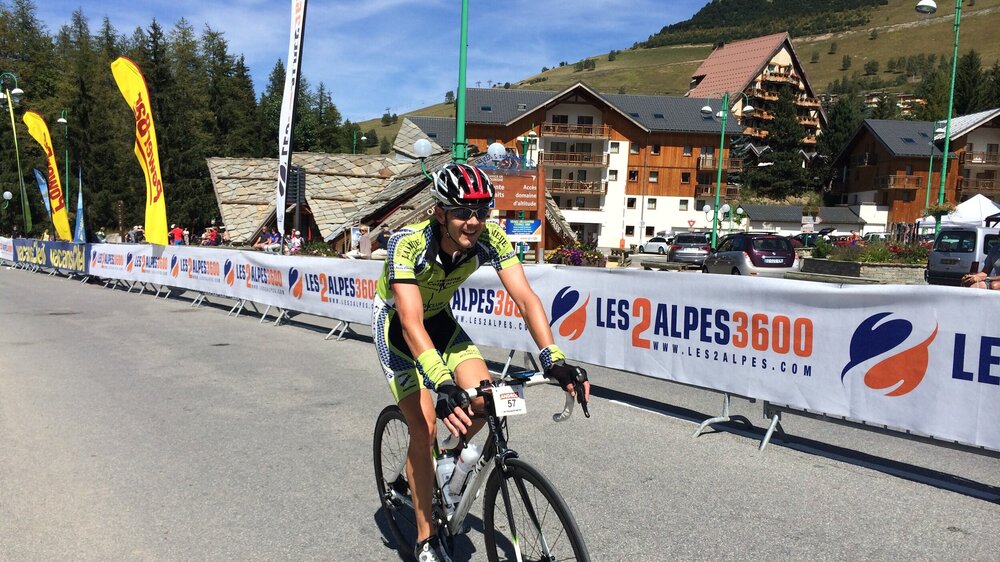What are your Key Training Principles?
In this article, coach Kevin reflects on an athlete conversation he had during a group workout. He asked a simple, but very deep question. “What are your four key training principles?” Read on to hear the athletes’ answers.
When I plan a zwift training session for our TTH athletes, I often like to think of a topic for conversation for the workout. Of course, this is less important during high-intensity intervals (less chance for talking and more effort!). Still, it seems to work well for the reasonably straightforward tempo and sweetspot based sessions where less coaching through the mechanics of the session is necessary. It makes the intervals pass more quickly, is a coaching opportunity, and can often offer up interesting viewpoints when delivered as a group discussion topic.
This week’s subject was ‘what are the four key principles that you think have the biggest influence on your performance?’. I also delivered this emphasising that you could only pick 4. I didn’t want a quick-fire list of things that may or may not help or the latest fad, training method, gadget or app that has taken your interest recently. This also ensured that the chosen four were well-considered.
I’m lucky as a coach that TTH athletes are used to reflecting on their training and talking about it, so I didn’t need to pick someone to start; I had a few volunteers. We started strongly with the following:
Readiness (to train, commit to training, physically and mentally)
Mindset (positive, willing, keen etc.)
Energy availability (to have sufficient reserves to complete a quality session and fuel appropriately during and after)
Recovery / sleep
The next set of four was as follows:
Sleep
Consistency (of training)
Injury Avoidance
Organisation (planning training, ensuring equipment is well maintained, finding a training schedule that fits your lifestyle etc.)
There were numerous other suggestions as we went around the whole group and many discussions where we discovered a few exciting things. Many of the selected principles were common, but some were not. It was also clear that while some things were important for individual athletes to focus on, it might not be the same case for someone else with a different background, current circumstance, level of experience, or stage on their athletic journey. For example, perhaps one athlete had been able to develop a lifestyle around training that meant that organisation really wasn’t a high priority. At the same time, for another, it could be the most critical thing they needed to focus on.
The discussion also led to a natural refinement of ideas – one person explaining their reasoning would allow another to come up with either a better selection or more encompassing description in their own list (I was strict here and made them choose which one to reject in the cases of the additions – forcing the most important topics to the top!)
Some athletes didn’t even need four – they were already focused on what they really needed to do and knew what that was.
Some of the other suggestions were:
Readiness, with understanding (are you willing to commit to training while understanding the scale of that commitment?)
Time management
Attitude
Motivation / mindset
Training with purpose
(your) Why
Food / energy
Basics (ensuring that you have the fundamental swim, bike and run skills necessary)
Injury proofing
Enjoyment
Volume
Balance (training vs other aspects of your life)
Keep it Simple
This is, of course, not an exhaustive list – and I’m sure you have realised by now, but I’m not going to pick four and tell you that these are what you need to focus on to become a successful athlete. Take your time to consider, perhaps using these ideas as a springboard, and decide on what the four key principles are for you, at this time, and why (if you have a coach, then it will be helpful to get their take on it).
The process should hopefully be instructive, and you’ll end up with the best four principles there are – the ones that suit you as an individual at this stage in your development as an athlete.

Kevin opened a B&B for cyclists in France in 2014, & then a year later decided to start a cycle coaching (level 3) qualification. This was mainly in order to be able to better support his guests (but also to make his own training more effective too). At the B&B he runs the odd training camp for cyclists but mainly offers coaching advice while guiding guests. An engineer by background, he happy diving into all sorts of training data, but also understanding that coaching is about much more than just the numbers!
After being introduced to triathlon by a good friend & then taking part in races for a couple of years he decided that a level 2 coaching course with British Triathlon was the way forward, completing this in 2019.
Visit Kevin's
Coach profile
We’re here to help
Tri Training Harder are one of the leading Triathlon coaching providers in the UK, using our wealth of experience to unite scientific and technological research with already well-established and successful best practices, to create a formula for triathlon and endurance coaching that works.
The result is an honest, dynamic, yet simple new way of constructing an athlete’s training to allow them to reach their potential.
If you’re planning your next season, just starting out in the sport or are looking for extra guidance at the very top end of the field, we are here to help, and our coaches would be delighted to hear from you. You can contact us via the website, and one of the team will be in touch.

